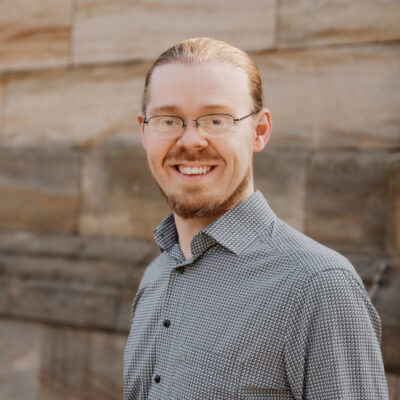Dr. Arthur Fleig
At the 10th International Summer School on AI and Big Data, Dr. Arthur Fleig will talk about Applied Mathematics in Human-Computer Interaction.
Talk: Applied Mathematics in Human-Computer Interaction
The last two decades have led to a massive growth in the design space of interaction techniques, e.g., by smartphones and virtual reality headsets. Moreover, user groups become more diverse as digital skill requirements are increasingly permeating all areas of life. However, the current design process for new interaction techniques still relies on extensive usability testing, a process that simply does not scale. A solution that does scale is to augment the tried-and-tested user-centred design process with models of the entire human-computer interaction loop. This allows for simulation and optimisation, augmented by artificial intelligence/machine learning when needed.
This talk touches on the development, usage, control, and optimisation of these models in the context of Acoustic Levitation and Biomechanical User Simulation using Model Predictive Control, Path Following techniques, and Reinforcement Learning, all while keeping the domain-specific difficulties – we are trying to model human behavior after all – in mind.
Bio
The junior research group leader, Dr. Arthur Fleig, joined ScaDS.AI Leipzig in March 2024. He studied Mathematics at the University of Bayreuth and completed his PhD on “Model Predictive Control of the Fokker-Planck equation” under Professor Lars Grüne’s supervision. Before joining ScaDS.AI, he worked as a postdoc in Professor Jörg Müller’s group at the University of Bayreuth, where he applied his mathematical core expertise to the field of Human-Computer Interaction (HCI).
Fleig’s research passion lies in viewing interaction with intelligent systems from both a machine-centred and a human-centred perspective. This incorporates both the user-centred design approach as well as a simulation- and optimisation-based approach to modelling interaction with these systems.



